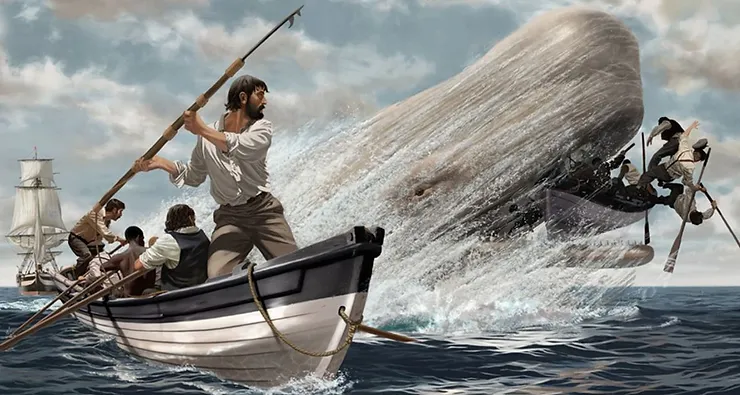
The coronavirus has exposed Americans’ readiness to sacrifice genuine and timeless human goods for the sake of amorphous and unproven health benefits. It has exposed our naïve trust in the wisdom of experts. It has exposed our shoddy intellectual defenses in the face of misused statistics. And it has exposed that perennial moral disease, one from which not one of us will be entirely free on this side of Glory, but one which seems to haunt with redoubled force great nations in their decline: our efforts to deny our created and contingent nature, and to pretend that we are anything but creatures born to die.
These moral and philosophical errors have perverted our laws; our laws in turn amplify the perversion. Decades of bad tort precedent taught us to expect to transfer to others what properly is our own burden – namely, to preserve our own safety. In present day, overbearing tort law threatens to bankrupt businesses that seek to reopen their operations.
Tort decisions over the past several decades have fundamentally altered the traditional standard for one’s duty of care – the care expected of a reasonable, prudent man. The standard served to tether liability to common practice and community norms governing accepted behaviors. Behind that practice lay a myriad of unspoken assumptions, many of which were assumptions about a concomitant burden of prudence upon all parties to an injury, assumptions about the inevitability of risk in any activity, and assumptions about the extent to which a party should be excused for remote or unforeseeable consequences of his actions.
Which means that in a sane world, a man injured while walking along a cricket field had no cause of action where it was shown that only an unusually strong hit would send a ball far enough to reach the path. Underlying such a rule would be the salutary presumption that normal, free men play sports, and that other normal, free men ought to keep a weather eye on the pitch when crossing a cricket field. The players have a duty not to undertake a danger outside the common dangers of everyday life, and the man on his walk had a duty to look out.
Such a sober, sane ruling grows increasingly hard to find in the tort law of most of our states. One may find a good judge in a good jurisdiction to stand up for good sense, but more often, one sees courts far too willing to find a defendant liable for consequences far removed from the foreseeable effect of his action, or even for someone else’s reckless if not deviant behavior.
A legal system that redefines reasonable behavior to impose excess caution on defendants encourages careless behavior in plaintiffs. It discourages a man’s own industry and prudence in efforts to guard himself and his family from harm. Put another way, our laws have made us a nation of wards and imbeciles.
They now may make us a nation of bankrupts. No theater or restaurant or school can open if liability remains so liberally construed. Under our current practice, a man will likely as not win a suit against the neighborhood café if he happens to contract COVID 19 while dining there, even though he could never prove where he contracted the virus, and even though he admits to having patronized the café of his own free choice.
Some would argue that the café must protect the client from the disease much as they would protect the client from spoiled meat. Yet the difference between the two scenarios only further demonstrates the degeneration of the law. The café that serves bad food has actively harmed its customer with the very product over which it has control. A café has a responsibility for food safety in great measure because restaurants the world over have shown they can indeed remain solvent while ensuring the customer receive wholesome food.
No establishment has shown, because none can show, that it can shield its customers from colds, flus, or various other similarly transmitted pathogens. Our café cannot cook its seats. Or its customers. It does not, and indeed cannot, control the ineradicable. Mitigation measures that limit seating will destroy a small café, since the vast majority of them can only generate profit near full capacity.
So a man’s business must close, because he is held to an impossible standard of care, and is expected to accept any burden his patrons once had to exercise caution on their own behalf.
When the owner files to make himself the ward of the state, he can thank our broken regime of tort.
“I am game for his crooked jaw, and for the jaws of Death, too, Captain Ahab.”